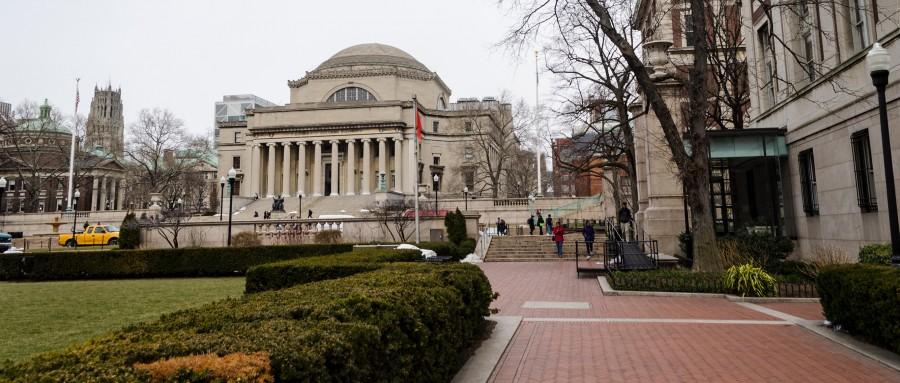Summer is a time to hang out with friends, go to the beach, and avoid summer reading, but for many juniors, summer will be their main opportunity to visit colleges that they may be interested in applying to. No matter what type of student you are, college visits are a vital part of the college decision making process.
How do you decide which colleges to visit?
Research is never a bad place to start. Make a list of things that are important to you in a college, such as size, location, academic programs, and tuition. The guidance office offers a website known as Naviance, which can help you filter through colleges based on various criteria. Don’t worry if you don’t know exactly what you’re looking for in a college. College visits are supposed to help you figure that out. You can appreciate certain college characteristics, such as size and location, much better in person as opposed to sitting at home and looking at brochures or browsing websites.
What should you do during a college visit?
First, you should probably check the college’s website to see what time they have tours or information sessions. Next, tell them you’re visiting. Not only will this let the college know that you’ll be there, it also shows them that you have a strong enough interest in their school to come visit. This could be an important factor for the college’s admissions process.
If the college is far enough away to necessitate an overnight trip, try to visit other colleges in the area as well. Don’t visit more than two colleges in a day, however, or you will be too exhausted to retain any information.
Once you are actually at the school, be sure to pay attention. Bring a notebook to take notes during any presentations. They don’t have to be detailed and centered on statistics and figures, as all that information can likely be found on the school’s website. Instead, try to focus on the little things that can’t be learned from a website, such as school traditions.
Don’t be afraid to ask the presenter questions, especially about things that concern you. Does the college accept AP or SCALE credits? What is the most important aspect of an application? Most likely, the presenter will be an admissions counselor who could potentially read your application if you decide to apply.
What should you do during a campus tour?
The best part about a college visit is a campus tour. Most tours are led by current students. Take advantage of this by asking the tour guide questions about their application process. Why did they apply to this college? Where else did they apply? How did they finally decide on attending this college? Where are their favorite places to eat? What are the dorms like? Student tour guides often give the best advice and answers because they have been through the college decision process. They are also much more forthcoming with information that may not paint the school in the best light.
What now?
Finally, after you finish the visit, make sure to write down what you liked and what you didn’t like about the school. For example, if you thought that Columbia University was your dream school but you didn’t like the urban campus, you know that you can cross New York University off your list. Don’t forget to send the school an email or a letter thanking them for having you. This establishes more contact between you and the college, which can only help during the admissions process.
The most important part of college visits is making sure you have a good time. The college search process can be a lot of work, but some of it can be fun. You will certainly benefit from all the work when you find the college that’s right for you.

